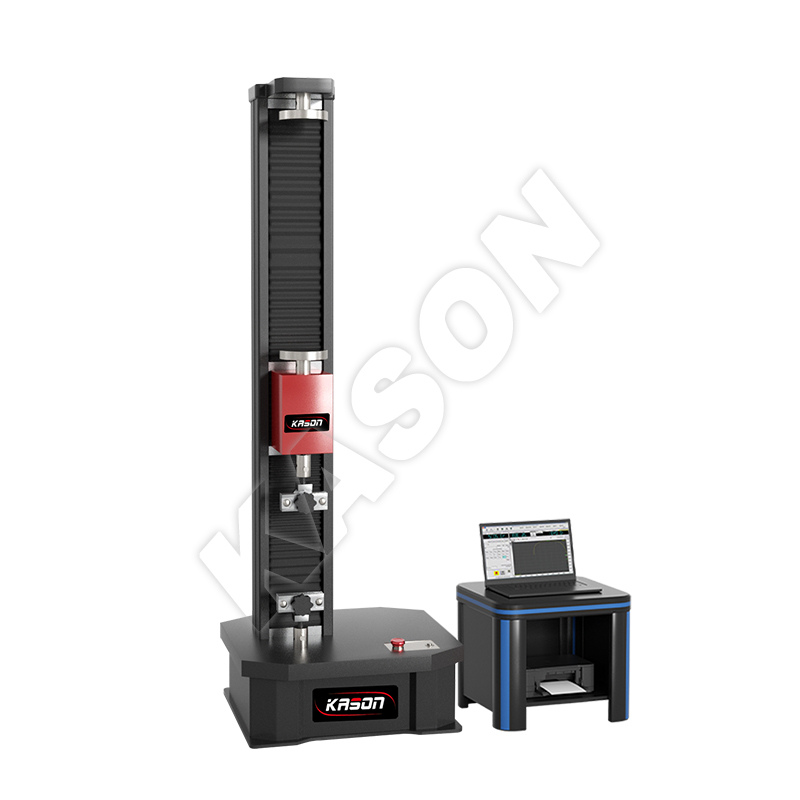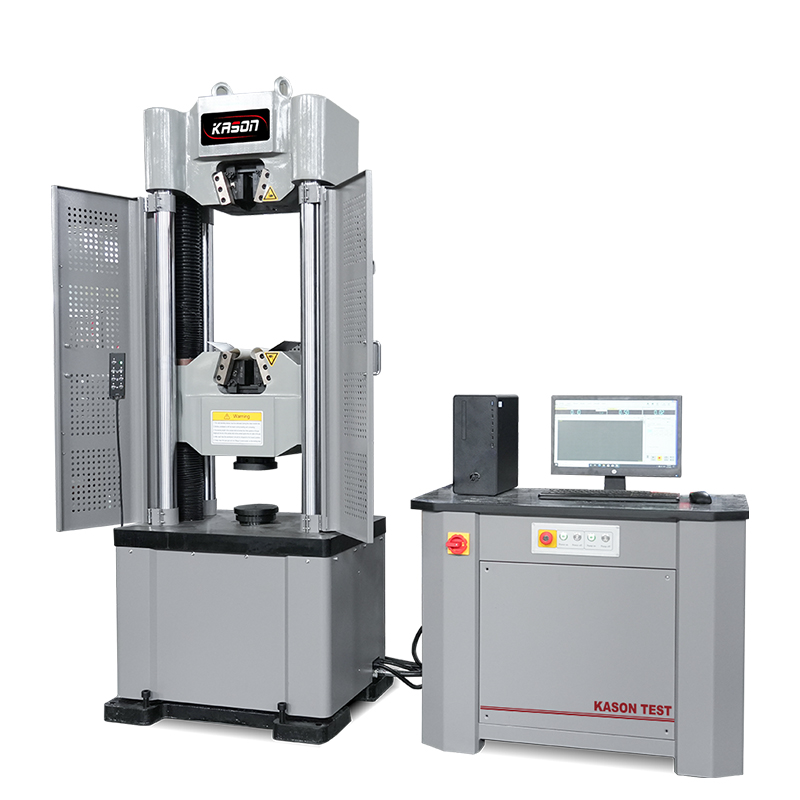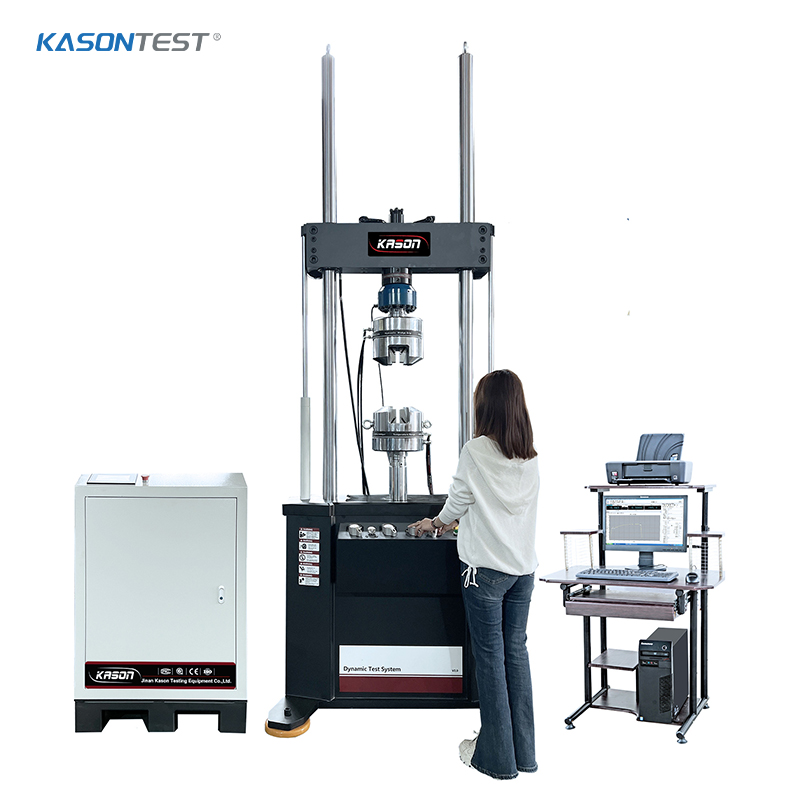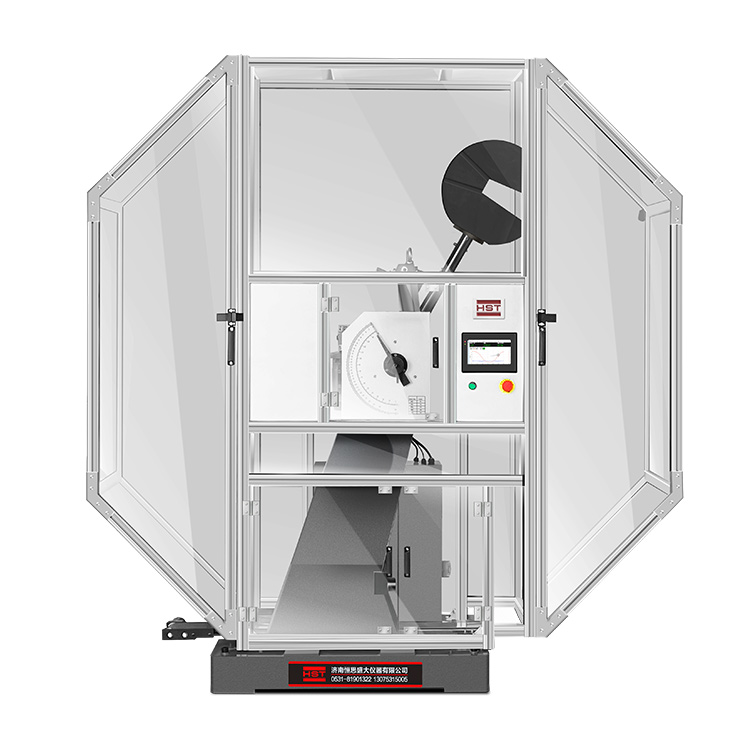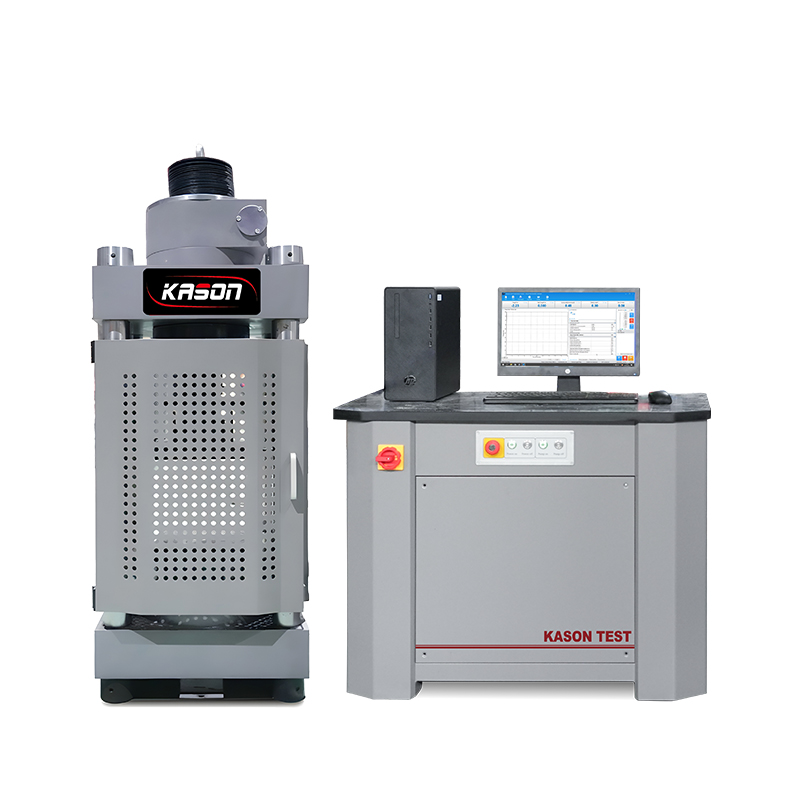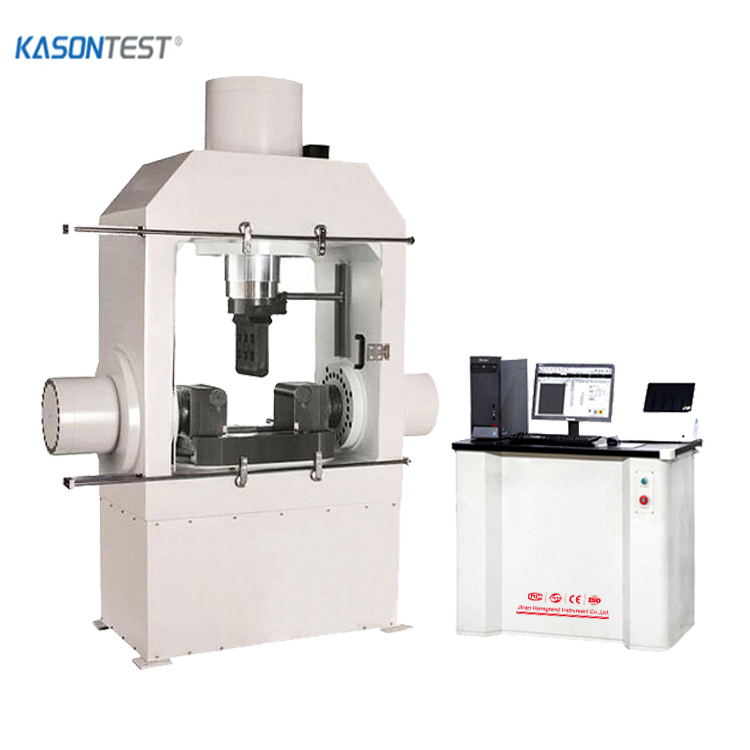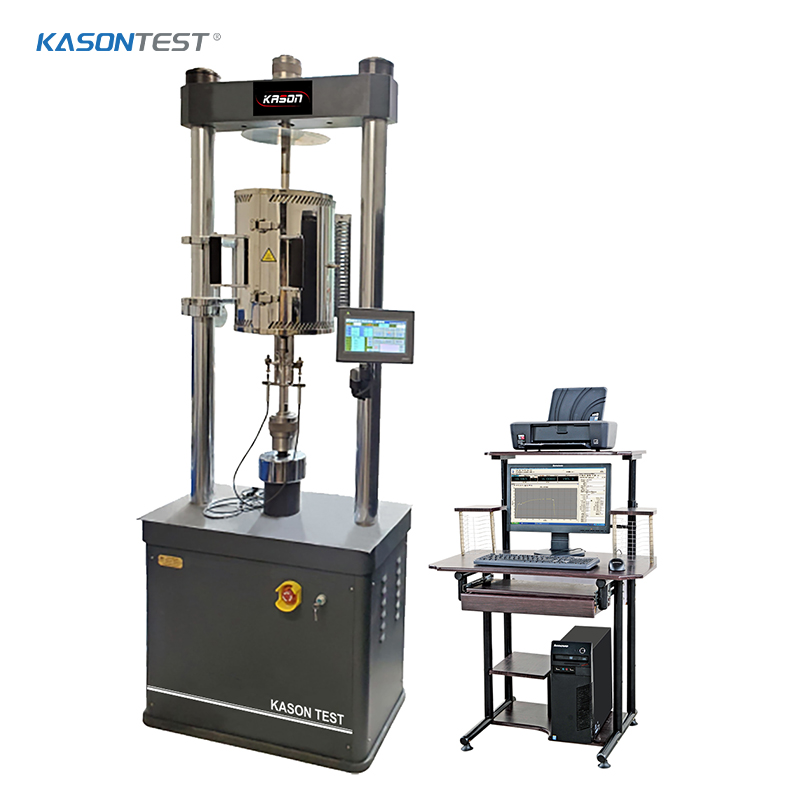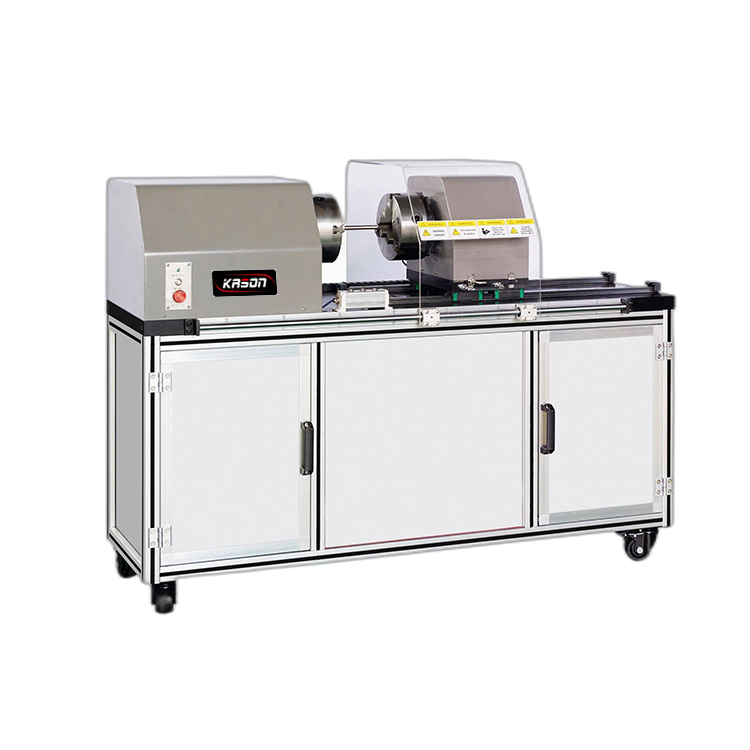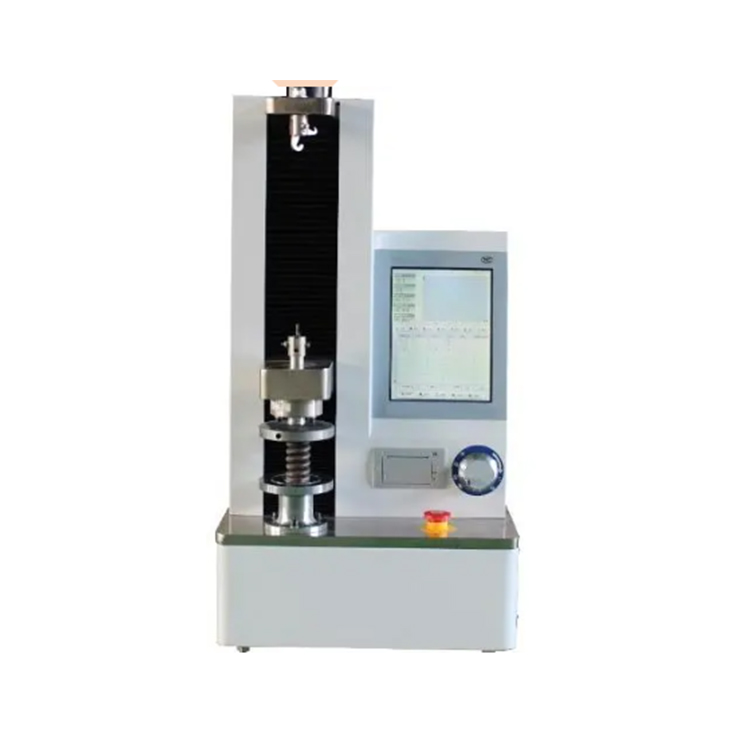Determining the Residual Seal Force (RSF)
Parenteral products such as injectable medications and vaccines are commonly packaged in glass vials. These vials must maintain a robust seal between the glass vial and the elastomeric closure to prevent product contamination and leakage. Residual Seal Force (RSF) is an evaluation of the quality of this seal. The glass vials subjected to RSF evaluation are used exclusively within the healthcare industry. A perfect example of the importance of RSF testing is the COVID-19 vaccine: some of the vaccines need to be stored at extremely cold temperatures in order to remain effective. Extremely cold temperatures can cause elastomeric materials to contract, which could cause the vial seals to leak. RSF testing can be performed at the full range of possible temperatures to assist manufacturers in evaluating raw materials and assembly processes. This verification is critical in ensuring that products can withstand travel and storage before being administered to the patient.
What is Residual Seal Force?
"Residual s eal force" refers to the force that the elastomeric seal is placing on the aluminum cap of the vial. This force measurement indicates the security of the vial closure. The seal consists of a rubber stopper and an aluminum cap that is crimped onto the vial with an initial force. Over time, this force declines due to the relaxation behavior of rubber, a decay of the force imposed by the cap, and various processing procedures.


